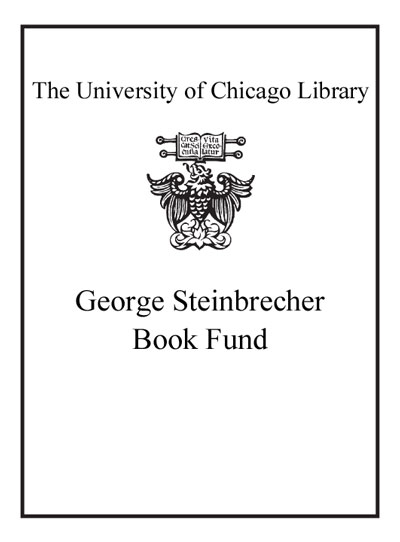Review by Choice Review
Woods (Wheaton College, Massachusetts) discerns a problem in Milton. Whereas one of Milton's major purposes was to inculcate freedom of choice in his readers, this intention is potentially thwarted by his decisive authority in urging it: "Milton's rhetorical challenge is to persuade his readers to think for themselves. . . . [But] if you believe something to be true merely because John Milton tells you so, you have no truth." The author attempts to resolve this apparent paradox, particularly through the formulation of an "invitational poetics" or "elective poetics"--a rhetorical strategy whereby Milton erects textual moments to confront and challenge readers "to enact their own freedom by choosing." Woods specifies and expands this "invitational poetics" by applying it to most of Milton's key works while grounding her discussion in an exploration of Reformation theology and Elizabethan and early-17th-century political discourse. She concludes with an abbreviated account of the reception of Areopagitica, beginning in 1738 and concluding with a foray into 21st-century neuroscience. This book offers a disciplined scholarly survey of religious, political, and literary issues of "freedom" in early modern England and suggests a fresh perspective through which to reexamine Milton's poetry and prose. The latter alone makes this book appealing. Summing Up: Recommended. Graduate students, researchers, faculty. A. W. Lee University of Maryland
Copyright American Library Association, used with permission.
Review by Choice Review

